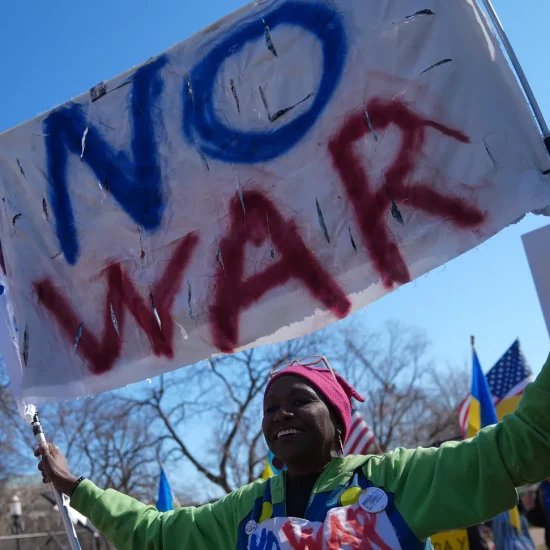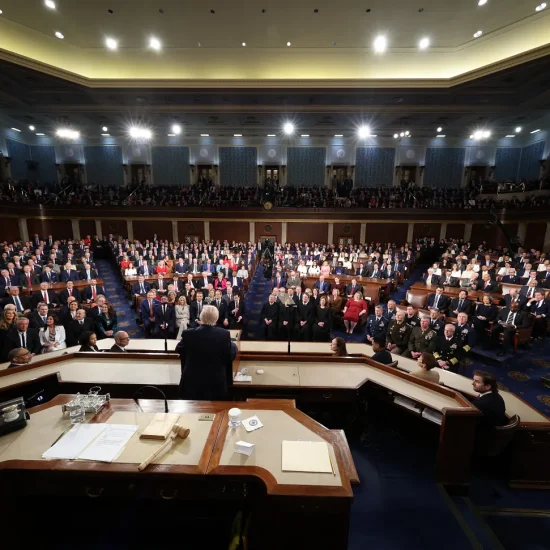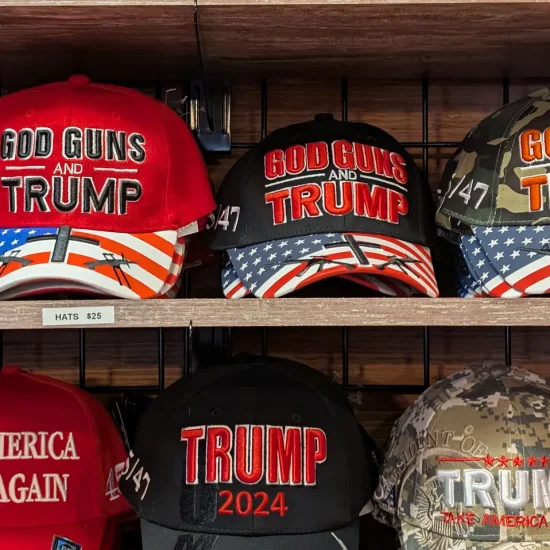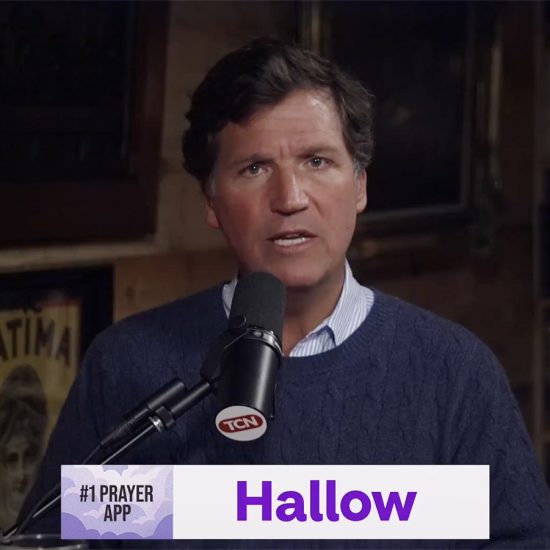
(RNS) — Despite the incessant tracking of evangelical Christian, Latino Catholic, Muslim and other religious groups through the recently ended election season, a study released on Election Day by the Hartford Institute for Religion Research showed that most congregations are politically inactive, with nearly half actively avoiding discussing politics at their gatherings.
The Hartford report, “Politics in the Pews? Analyzing Congregational Political Engagement,” focused on how congregations as a whole deal with politics, not religious individuals or their clergy alone. “Congregations often get left out of conversations about religion and politics but are inferred to be influential,” reads the report.

(Photo by Pavel Danilyuk/Pexels/Creative Commons)
Even if members are politically active and many leaders are often outspoken about issues and candidates they support, most congregations make great efforts to keep politics out of the church.
“When they come together as a spiritual community, they don’t want politics directly involved. There’s a lot of pushback from the people in the pews,” said Scott Thumma, director of the Hartford Institute for Religion Research, who co-wrote the report with Charissa Mikoski, an assistant research professor.
The study’s data was drawn from a larger project developed by the institute to track congregational change, Faith Communities Today. It relies on surveys of 15,278 congregations conducted in early 2020. Responses were given by congregation leaders on behalf of their assemblies. (The project is funded by the Lilly Endowment, which also is a financial supporter of RNS.)
According to the report, 23% of congregation leaders identified their congregation as politically active, but only 40% engaged in what the report calls “overtly political activities” over 12 months, mostly infrequently.
The report measured congregations’ level of political engagement by looking at seven categories of political activities, including distributing voter guides, organizing protests in support or opposition of a policy, and inviting a candidate to address the congregation. A minority of congregations engage in any of the above; 22% handed out voter guides; 7% asked a candidate to speak to the congregations; and 10% lobbied for elected officials.
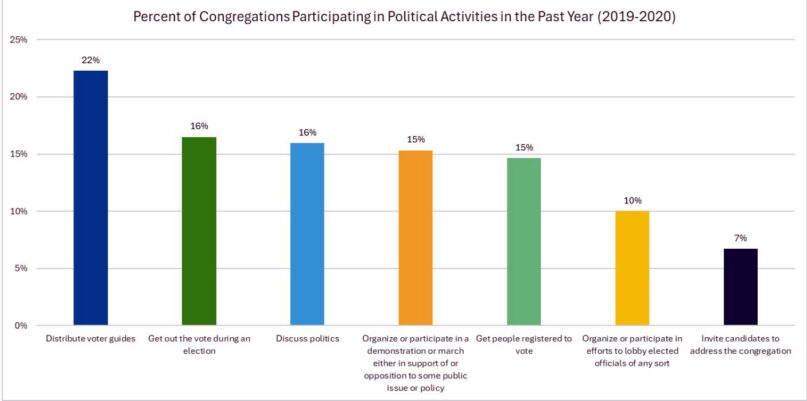
“Percent of Congregations Participating in Political Activities in the Past Year (2019-2020)” (Graphic courtesy HIRR)
In nearly half of congregations — 45% — their leaders thought most participants didn’t share the same political views, making politics a sometimes treacherous topic. Discussing politics is also tricky for pastors, the report found, as they risk offending members whose views don’t align.
Not surprisingly, “purple congregations,” in which both political parties are represented in the pews, were more likely to avoid political discussion than politically homogenous ones, per the report. Congregations where politics had previously spurred conflicts, the case in 10% of the congregations surveyed, were less likely to engage in any of these activities again.

“Internal Political Dynamics” (Graphic courtesy HIRR)
The results clash with the general narrative about Christians’ political engagement, especially stories of evangelicals’ avid political engagement. According to Hartford’s report, however, Catholic and Orthodox parishes are more engaged than Protestant churches.
“Further, the congregations who are engaged in these kinds of political activities do not fit the broader narrative of Evangelical Protestants being more politically active,” the report said. “While these connections are present at the individual level, it does not appear to be happening at the organizational (congregational) level.”
Instead of directly addressing political issues, the closest most congregations get to political discussion tends to be sermons that uphold specific values associated with particular political issues, such as immigration or abortion.
Congregations whose membership is more than 50% Black or African-American are more likely to be politically active, reflecting Black churches’ historical political involvement, especially in the fight for racial justice. “It’s almost built into the DNA of an African American congregation to have that kind of activism approach,” said Thumma.
Since these congregations are more homogenous, members may also feel more comfortable addressing politics, assuming other congregants have the same politics.
The survey sample included 2,000 multi-ethnic congregations and churches, where 20% of participants were not of the dominant race. Their results were similar to those of non-multiracial churches, with 60% reporting having no involvement in politics.

